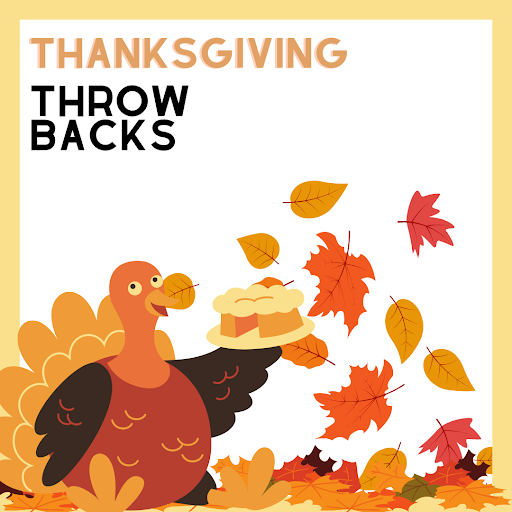Paid to Play?
Students debate if student athletes should be paid to compete at the collegiate level
February 28, 2018
Senior Mario Lorelli is getting his brackets ready for the National Collegiate Athletic Association March Madness Competition in March. However, Lorelli, who will be playing Division III lacrosse at Wittenberg University, said there is a big issue usually overlooked by many fans.
“March Madness is a huge amount of money for the NCAA, and the players who are putting on the show get nothing of it,” Lorelli said. “They’re the ones with the talent and are putting on the show, and the NCAA who’s bringing in all the money should at least share part of it with the athletes.”
However, Lorelli said Division I athletes should be the only ones paid because they have more demanding schedules compared to Division III athletes like himself.
Senior Rachel Malinowski will be playing Division II volleyball for Southeastern Community College in Idaho next year and said athletes should be supported in their education.
“Honestly, they should help them with their books and tuition and stuff if they’re not getting a full ride or whatnot,” Malinowski said. “It should be something earned, like if you are all-state that year, you should get paid towards your tuition and your books and stuff like that, so they’re not spending it.”
Cross country and track coach Lauren Nixon disagrees. According to Nixon, many players already have partial or full scholarships to attend a college or university, so they shouldn’t be paid. She added that payment could cause players to lose passion.
“I feel that college athletes now, who aren’t paid, push themselves to become better with hopes of going to the National Basketball Association, National Football League, etc.,” Nixon said via email. “It creates more passionate players because they are playing for the love of the game.”
Although there is a push to pay college athletes by many, Lorelli, Nixon and Malinowski said that if paid, some college students may be irresponsible with money.
“It depends on how you were raised. My parents are very, ‘you need to do this yourself,’ so I just start budgeting earlier with my money,” Malinowski said. “But with kids who are just given the money by their parents (and) when they get paid, they just spend it on whatever they want because their mom and dad will give them more money.”
On Wednesday, Feb. 21, the Federal Bureau of Investigation uncovered specific amounts of money paid to individuals, according to Yahoo Sports. Lorelli, Malinowski and Nixon agree that if the NCAA paid players, there may be a decrease in those payments. Nixon also said that new issues like how much money each player receives may arise and Malinowski added that under-the-table payments may continue.
“I feel like even if you get paid, you’re still gonna want more, so there will still be more money if they sponsor different brands,” Malinowski said. “I think it will always be a problem.”
The Huffington Post article also reported that some people attribute the issue to race because blacks make up the majority of college athletes in the Division I men’s and women’s basketball and the Division I upper Football Bowl Subdivision level, which are the highest revenue-generating sports. The article also said that 52 percent of black fans believe college athletes should be paid, while only 27 percent of whites agree.
Lorelli, Nixon and Malinowski don’t think it’s an issue of race.
“I think it’s an argument of whether they should be paid or not. I don’t think it has anything to do with the race,” Lorelli said. “There are plenty of sports that have multiple races that are the top player.”
Although former basketball player Ed O’Bannon and others have won lawsuits against the NCAA, the rules haven’t changed.
Malinowski said that though payment should be limited, if rules change, money may damage some players’ passions in the long run.
“When you start throwing money into the game, the fact is a lot of people will do it for the money instead of the love of the game,” she said. “I honestly really don’t think about it too much. I mean, it’s not that big of a deal. I mean, it’s college. If you truly love the sport, you’ll do it no matter what ―if you’re paid or not. And honestly, I don’t care if I’m not getting paid or whatever because I just love the sport too much.”












